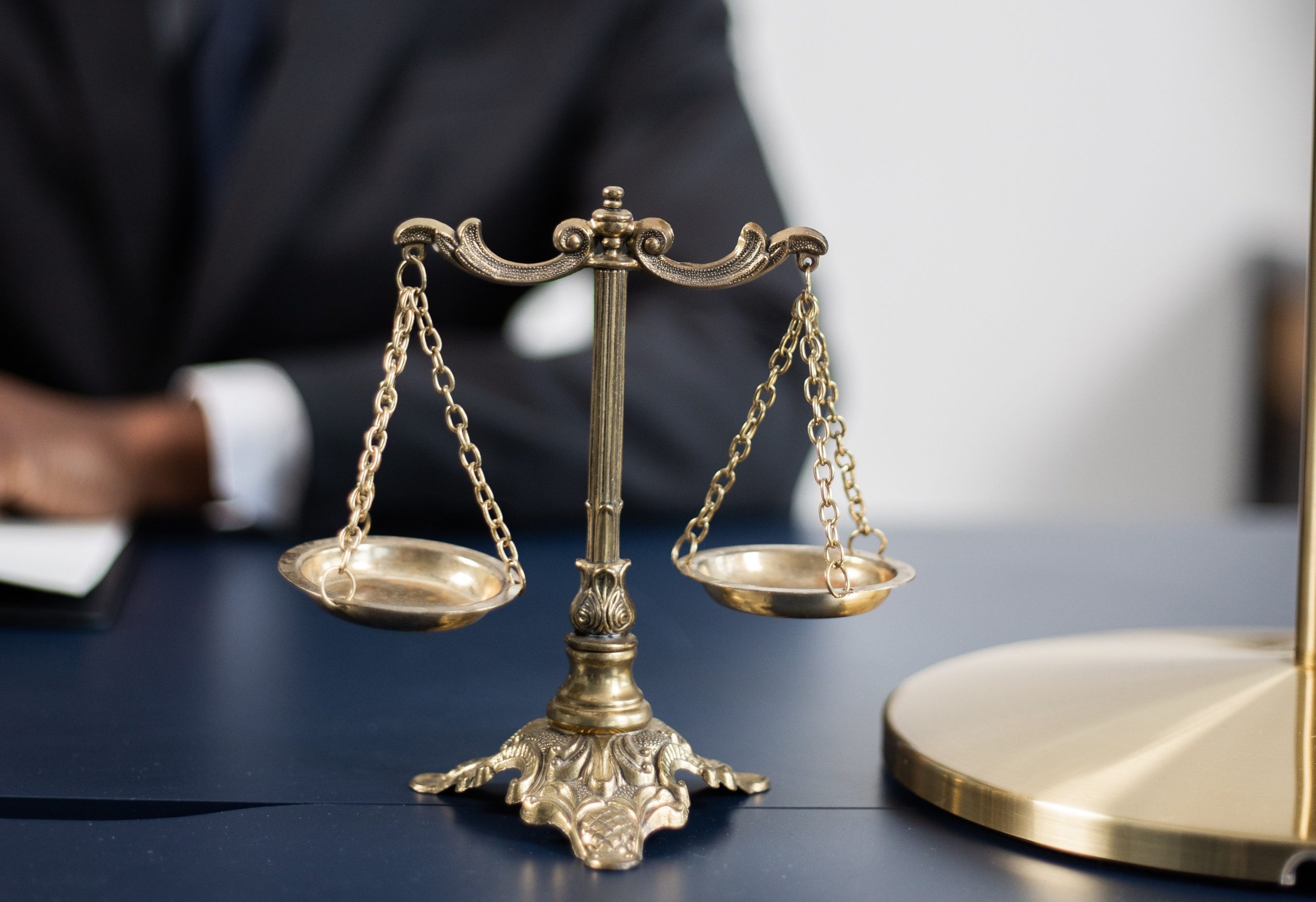What Happens When Lawyers Rely on AI for Legal Research?

Artificial Intelligence (AI) has been widely adopted to streamline processes and increase efficiency in various industries, including the legal profession. However, as seen in a recent case involving a New York lawyer and his firm’s use of ChatGPT for legal research, there may be significant risks associated with relying on AI for legal work.
According to reports, the law firm in question used ChatGPT, an AI tool that creates original text on request. While this may seem like an efficient way to conduct legal research, the tool comes with warnings that it can “produce inaccurate information.” This proved to be the case in this particular instance, as the lawyer’s filing referenced several legal cases that did not exist.
The judge presiding over the case stated that the court was in an “unprecedented circumstance,” and demanded that the man’s legal team explain its use of the tool. The lawyer in question claimed that he was “unaware that its content could be false,” highlighting the potential danger of relying on AI without fully understanding its limitations.
This case serves as a cautionary tale for lawyers who may be tempted to rely on AI for legal work. While the technology can undoubtedly improve efficiency and productivity, it should not be used as a substitute for human judgment and expertise. As demonstrated by this case, AI can produce inaccurate information that could ultimately harm a case.
Moreover, lawyers should exercise caution when using AI tools with warnings of inaccuracy, such as ChatGPT. While these tools can undoubtedly be helpful in certain circumstances, it is important to use them appropriately and ensure that their results are verified and accurate.
Another concern is the potential for ethical issues to arise when using AI in legal work. For example, some may argue that relying on AI diminishes the value of human experience and expertise, which could lead to a lack of creativity and innovation in legal practice. Additionally, there are concerns about data privacy and security when using AI tools, which may need to be addressed.
In conclusion, the case involving the New York lawyer and his firm’s use of ChatGPT for legal research serves as an important reminder of the potential dangers of relying on AI for legal work. While the technology can undoubtedly be helpful in certain circumstances, lawyers should approach it with caution and always consider the limitations and potential risks associated with its use. Ultimately, it is crucial to strike a balance between the benefits of AI and the importance of human expertise and judgment in legal practice.

